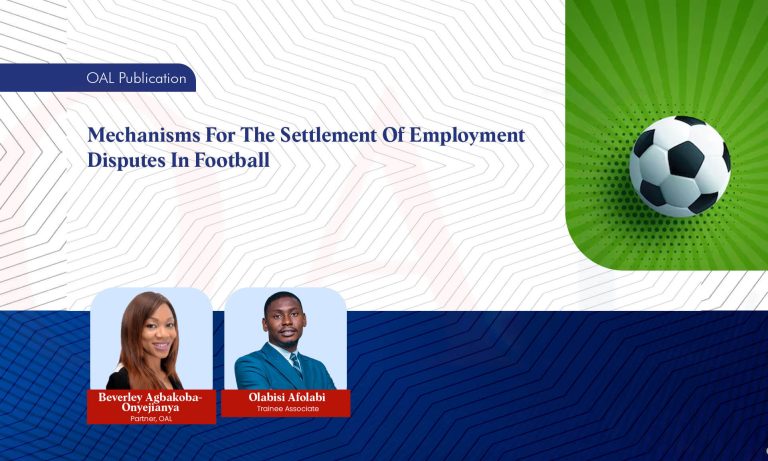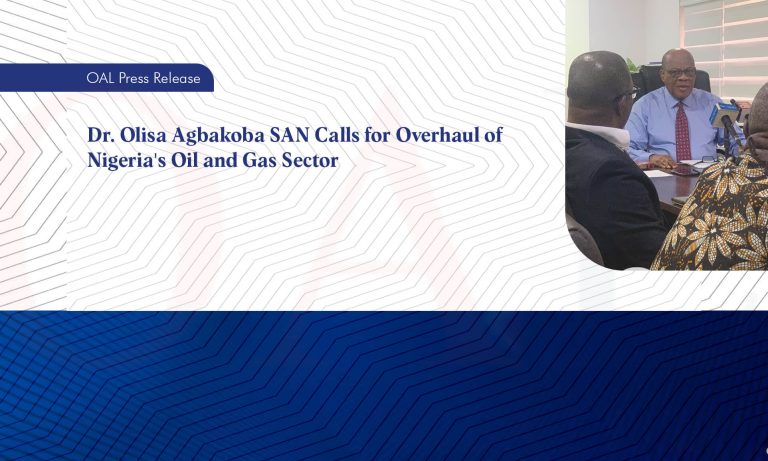

On Friday 22nd May 2020, the Nigerian President signed the Presidential Executive Order No. 10 of 2020, which is the Financial Autonomy of State Legislature and State Judiciary Order 2020. The purport of Executive Order No. 10 of 2020 is, as the name suggests, to provide for financial independence of the Judiciary and Legislature of the 36 states of the Nigerian Federation. It is therefore surprising that the Executive Order No. 10 of 2020 is being celebrated as having ‘granted’ financial independence to the judicial and legislative arms of the state governments.
 The fact actually is that the Executive Order No. 10 of 2020 did not grant financial independence to the states’ legislature and the judiciary, because the financial autonomy of the judiciary and legislature at both the Federal and State levels are already provided for by the Constitution. Unfortunately, it is being breached by Federal and State Executives, and the Judiciary having no control over funds automatically becomes the most vulnerable and the biggest victim at both the Federal and State levels.
The fact actually is that the Executive Order No. 10 of 2020 did not grant financial independence to the states’ legislature and the judiciary, because the financial autonomy of the judiciary and legislature at both the Federal and State levels are already provided for by the Constitution. Unfortunately, it is being breached by Federal and State Executives, and the Judiciary having no control over funds automatically becomes the most vulnerable and the biggest victim at both the Federal and State levels.
An examination of Part E of the 1999 Constitution of the Federal Republic of Nigeria (the Constitution) relating to powers and control over public funds, will show the constitutional effort to guarantee and secure independent funding of the Judiciary, free from Executive interference and control. Sections 80, 81 and 84 of the Constitution, in particular, give the Judiciary power and control over its own funds.
While Section 80 of the Constitution establishes the Consolidated Revenue Fund of the Federation as a pool of national income, Section 80(2) stipulates how monies are withdrawn from the Consolidated Revenue Fund of the Federation. In the words of Section 80 of the Constitution “No moneys shall be withdrawn from the Consolidated Revenue Fund of the Federation except to meet expenditure that is charged upon the Fund by this Constitution or where the issue of those moneys has been authorized by an Appropriation Act, Supplementary Appropriation Act or an Act passed in pursuance of Section 81 of this Constitution. In essence, Section 80(2) approves only 2 ways money can lawfully be withdrawn from the Consolidated Revenue Fund, namely: by direct charge upon the fund, and by appropriation.
Part of expenditure charged upon the Consolidated Revenue Fund of the Federation relating to the Judiciary. This is seen at Section 84(4) of the Constitution which described judicial officers as including Chief Justice of Nigeria, Justices of the Supreme Court, President and Justices of the Court of Appeal etc and also Section 84(2) which orders as follows:
“The remuneration, salaries and allowances payable to the holders of the offices so mentioned shall be a charge upon the Consolidated Revenue Fund of the Federation”.
For emphasis and clarity, the Constitution, at Section 84(7), stipulates as follows:
“The recurrent expenditure of judicial offices in the Federation (in addition to salaries and allowances of the judicial officers mentioned in subsection (4) of this section) shall be a charge upon the Consolidated Revenue Fund of the Federation.
To further make it clear that the Constitution wants the Judiciary to be financially independent of the Executive and the Legislature, Sections 81(1) and 81(2) unambiguously exempted all expenditure charged upon the Consolidated Revenue Fund of the Federation from the second mode of withdrawal from consolidated Revenue Fund which is by appropriation, as shown below:
- 81(1) The President shall cause to be prepared and laid before each House of the National Assembly at any time in each financial year estimates of the revenues and expenditure of the Federation for the next following financial year.
- 81(2) The heads of expenditure contained in the estimates (other than expenditure charged upon the Consolidated Revenue Fund of the Federation by this Constitution) shall be included in a bill to be known as the Appropriation Bill, providing for the issue from the Consolidated Revenue Fund of the sums necessary to meet that expenditure and the appropriation of those sums for the purposes specified therein.
If the judicial funds are part of expenditure charged upon the Consolidated Revenue Fund, it goes without saying that the constitution excludes judicial funds from the annual budget estimates of the Executive which is the Appropriation Bill. In ordinary words, the President is not supposed to include funds meant for recurrent expenses, remuneration, salaries and allowances of Judicial Officers in the Appropriation Bill. Such funds should be drawn directly from the Consolidated Revenue Fund of the Federation outside appropriation practice. The only fund relating to Judiciary that is subject to appropriation is the capital expenditure because it is not provided
It is clear that the framers of our Constitution wanted to make the Judiciary independent. Section 121 of the Constitution makes similar provisions which guarantee independent funding of the Judiciary at the state level. Unfortunately, both the Federal and State Executives breach the clear constitutional provisions for the financial autonomy of the Judiciary.
The breach prompted the learned Senior Advocate, Dr Olisa Agbakoba to institute an action against the Federal Executive, represented by the Attorney General of the Federation and the National Assembly in 2013. The writer of this article represented Dr Olisa Agbakoba in the action. Although the judgment was delivered against the Federal Executive and the National Assembly on 26th May 2014, the Federal Executive has persisted in the violation of the clear constitutional provisions relating to the financial autonomy of the judiciary at the federal level.
It is amazing that the Federal Executive, whilst in disobedience to the Constitution makes the Presidential Executive Order No. 10 of 2020 purporting to provide for the Financial Autonomy of State Legislature and State Judiciary Order 2020, which has already been guaranteed by the Constitution. There is no gainsaying that loud noise about Executive Order No. 10 of 2020 is in the words of William Shakespeare, is much ado about nothing, because the Order does not provide for anything new.
It is even hypocritic of the Federal Executive to seek enforcement of financial independence of Judiciary and Legislature at the State level while impinging on the independence of the Judiciary at the Federal level. The biblical admonition (Matthew 7:1-5; Luke 6: 41-42) is apposite here:
“How can you say to your brother, “let me take the speck out of your eye”, where there is a log in your own eye? You hypocrite! First, take the log out of your own eye, and then you will see clearly to remove the speck from your brother’s eye”.
Now that the Federal Executive has apparently agreed on the financial autonomy of the other arms of Government (i.e. Judiciary and Legislature), the right thing is to immediately put in place adequate mechanisms to carry out the relevant provisions of the Constitution and not to sign an Executive Order purporting to donate what the Constitution has already provided. This is because, if the Judiciary is allowed to enjoy the financial autonomy at the Federal level, as provided by the Constitution, the Federal Executive would have laid a very good example for the States to follow.
Written By: Chinedu Nneke (Senior Associate, Olisa Agbakoba Legal)
Author



